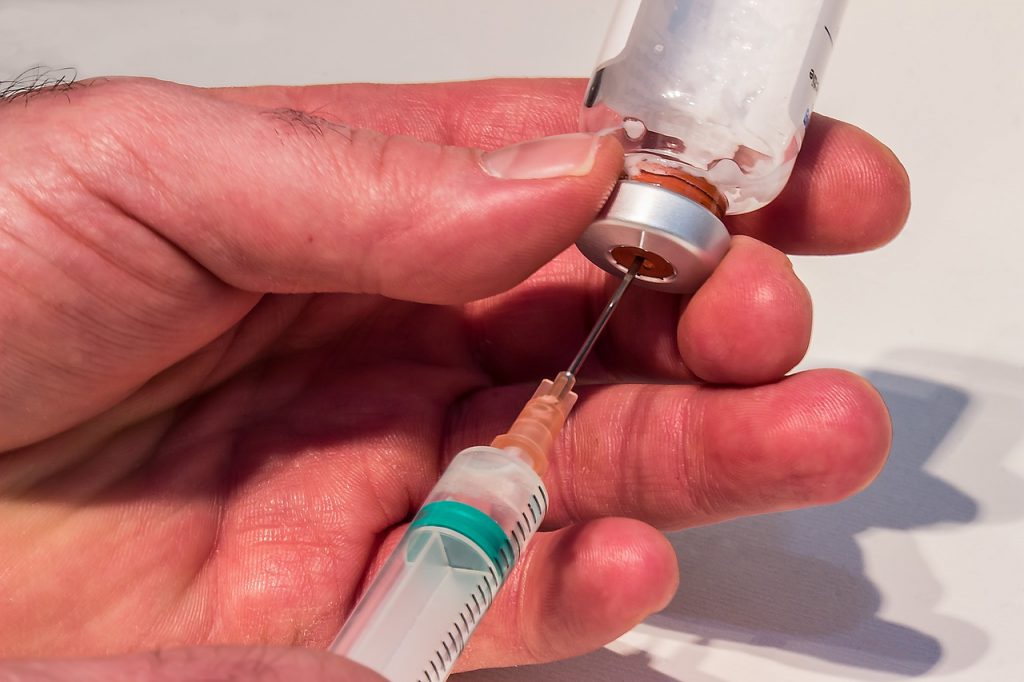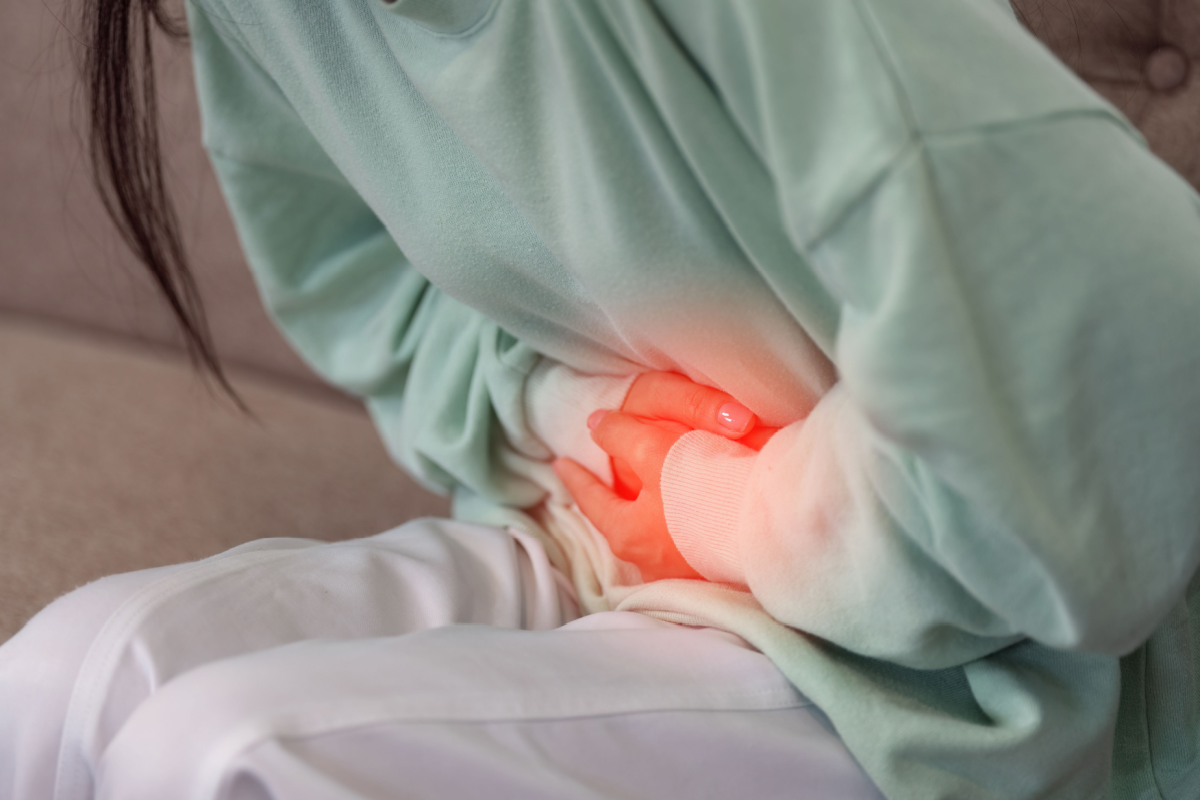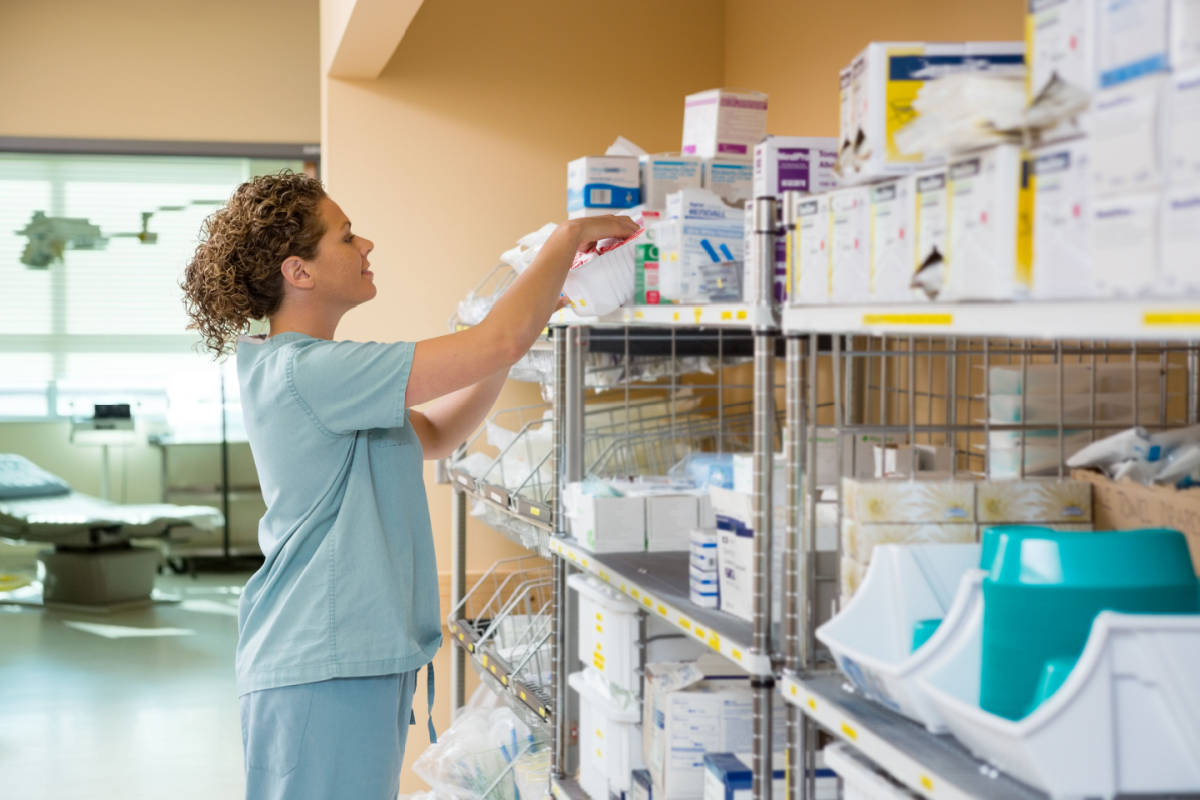According to health policy research firm RAND health, the US could reduce healthcare spending by $54 billion over the next 10 years by introducing more biosimilar versions of pricey biologic drugs. Their new analysis estimates the cost savings at 20 percent higher than previous reports by RAND, likely due to the growth in the biosimilars market in recent years.
“Biologics account for the fastest-growing segment of prescription drug spending, but biosimilars have the potential to help slow some of the increase,” said lead study author Andrew Mulcahy, policy researcher at RAND. “However, there remains many important industry, regulatory and policy decisions to be made that will influence whether such savings are realized.”
The RAND analysts made their estimates based on current sales figures for more than 100 biologics, as well as on the results of other studies. They also included data from one of the approved biosimilars that has been marketed for a short time in the US.
Biologic drugs are synthesized in living systems, such as cell cultures, and are used to treat a range of conditions, from rheumatoid arthritis to cancer. Because of their complex nature, biologics are often expensive, even for patients with health insurance coverage.
According to RAND, nearly 40 percent of prescription drug spending in the US in 2015 could be attributed to biologics. Furthermore, biologics contributed to 70 percent of the growth in this expenditure between 2010 and 2015.
“The actual savings hinge on the evolving competitive landscape in the pharmaceutical industry, regulatory decisions, and insurer efforts to promote biosimilar uptake through payment rates and other strategies,” said Mulcahy. “Future research will be needed as more biosimilars come to market to see whether savings are realized and who benefits from any reductions in spending.”
The introduction of biosimilars attempts to alleviate some of this spending by providing less costly alternatives to biologics. While biosimilars are often likened to generics for branded pharmaceutical products, biosimilars are not identical to their reference drugs.
Approval of a biosimilar rests on proof that it is “highly similar” to a biologic drug in terms of potency, efficacy and safety. To-date, seven biosimilar products have been approved in the US, though patent litigation has delayed the launch of more than one.
RAND is a non-profit organization that conducts research and analysis in a variety of areas, including health and education. This research was funded by pharmaceutical company Novartis’ biosimilar unit, Sandoz.












Join or login to leave a comment
JOIN LOGIN